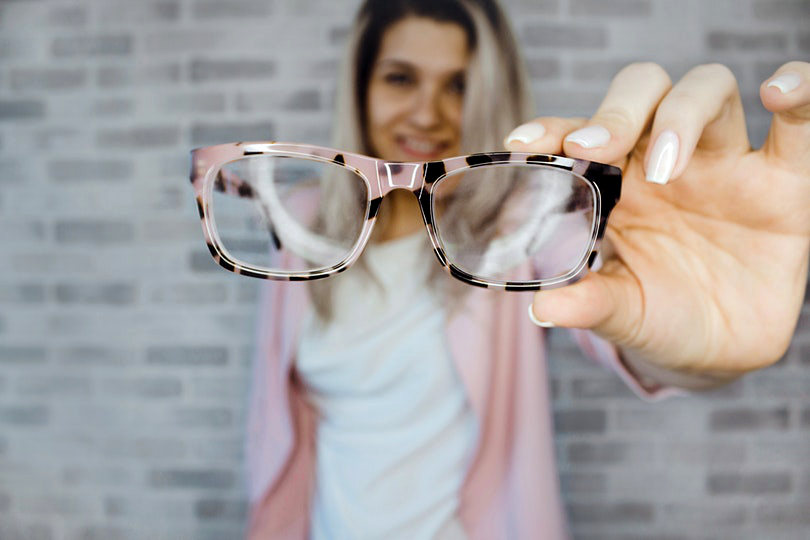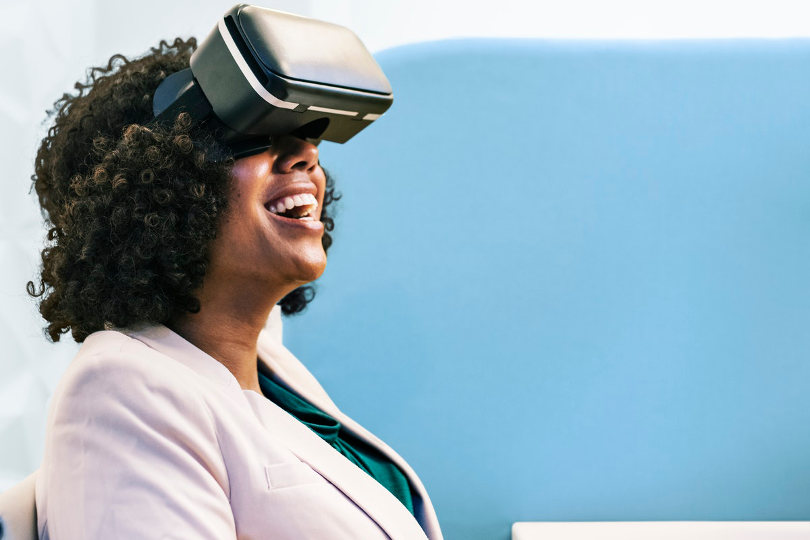The healthcare industry is changing, thanks to modern technology that can revolutionise the way health professionals are able help and treat their patients. In almost every industry, technology has had some impact; whether it’s the way you order a taxi to how you shop.

Throughout hospitals, GP surgeries and optical practices, new technology can be implemented that can transform the way you help patients. Whether you’re a patient or a healthcare professional, recognising the available technology can be life-changing.
In particular, optical technology is undergoing huge changes. Devices, methods and medical instruments are all beginning to be driven by connectivity and enhanced features. So, what are some of the ways that technology is changing eye care and how does it affect both patients and professionals?
Instruments driven by technology
Many instruments in the healthcare industry are being released with modern features and advanced functions, particularly when it comes to connectivity. Historically, the doctor-patient confidentiality agreement has led to healthcare records being locked away, but a modern outlook now recognises the need to unlock that data to gain better insights.
Features like data sharing, alongside secure storage, has allowed healthcare professionals to create a bigger picture of a patient’s health without compromising the patient’s confidence or trust.
Many instruments within the optical sphere now have the capacity to connect to each other, offering seamless and automatic data transfer. This can make the process much more straightforward for both the patient and the professional.

Virtual reality in healthcare
Across different branches of the healthcare industry, as with other sectors, virtual reality is becoming more widespread. In the optical industry, virtual reality devices have been created to make it easier to dispense the right lenses.
This creates an immersive experience, making sure the patient is at the heart of the process; as they should be. Furthermore, the VR system allows the patient to see the optician’s recommendations for themselves, which can reinforce a professional opinion.
In other areas, virtual reality is being used in hospitals and rehabilitation, helping patients to relax, deal with their phobias and even learn more about pain management, thanks to studies that have been conducted both in the UK and US.
Healthcare apps
You might already have a few of your own healthcare apps on your smartphone, whether it’s to track your alcohol intake, access gym workouts or count your daily steps. However, the use of apps is now expanding to the likes of GPs and opticians.
For instance, using a tablet during a routine eye examination can make the process much more familiar and comfortable to a patient. There are now apps available that will allow an optician to measure for the right lenses. Offering a personalised experience, the patient can benefit from the best possible vision while the professional can offer a unique and modern service.
Technology moves at an incredibly fast rate, as industries unlock new ways to create better experiences and enhanced services. Making the lives of both patient and healthcare professional easier, it’s a fascinating future for the industry.




